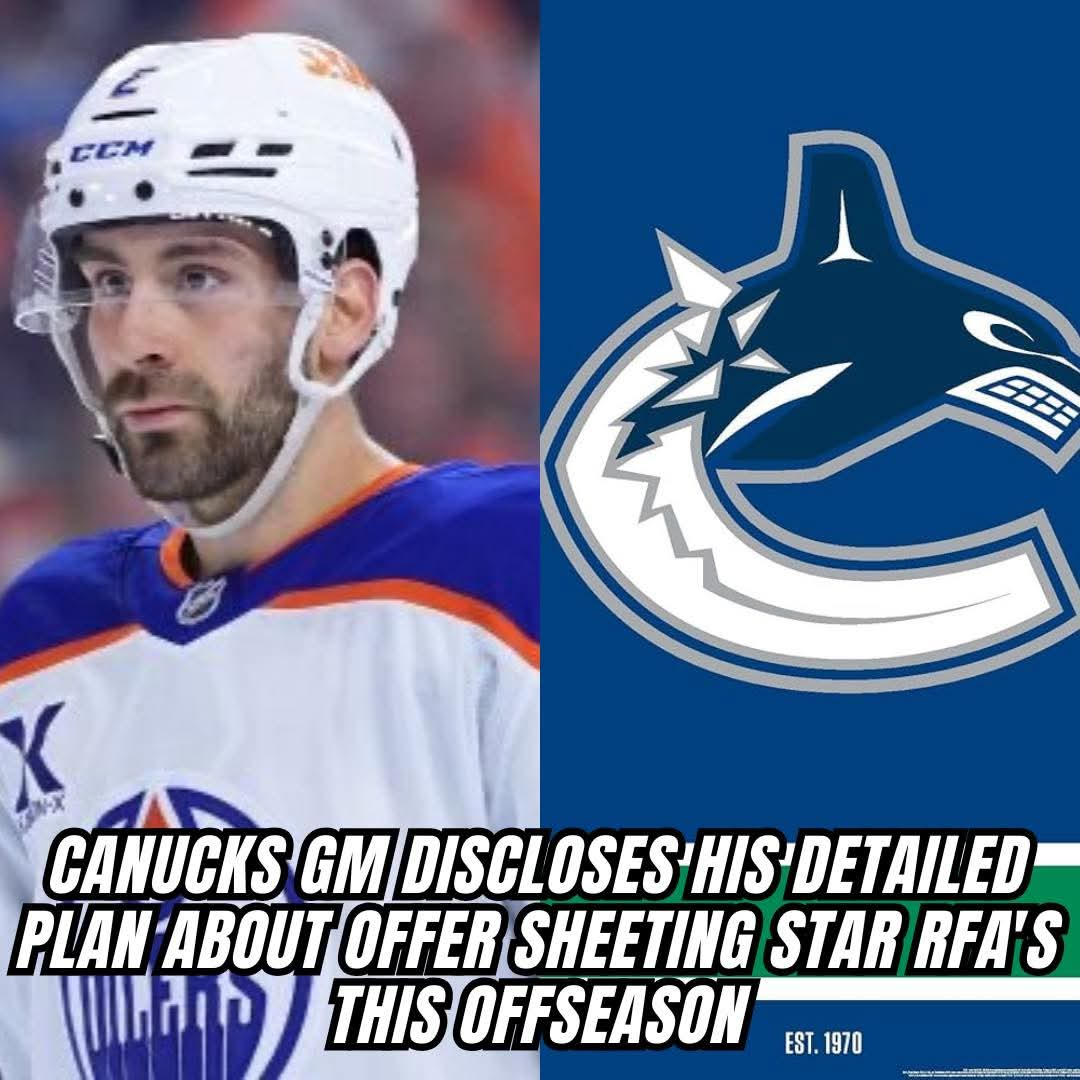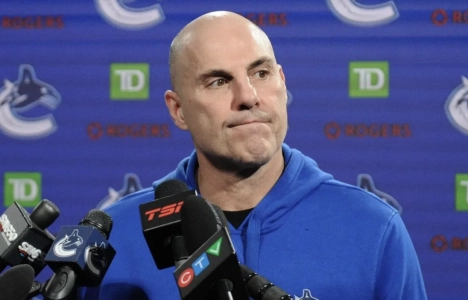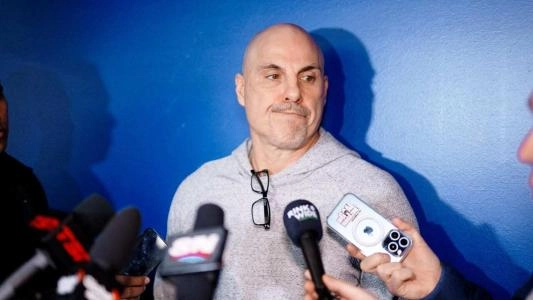Vancouver Canucks General Manager Breaks Down Why Offer Sheets Are Unlikely This Offseason—Cautious Strategy Emerges Amid Roster Challenges
The Vancouver Canucks are facing a critical offseason with limited options to upgrade their roster. With holes to fill and pressure mounting to take the next step, fans have wondered whether the team might try to aggressively pursue restricted free agents (RFAs) via offer sheets. However, Canucks General Manager Patrik Allvin recently revealed a more conservative approach, essentially ruling out the possibility of using offer sheets this summer.
Offer sheets are a rarely used mechanism in the NHL. They allow teams to bid on another club’s RFAs, offering them contracts in hopes that their current team will either be unable or unwilling to match. While intriguing in theory, offer sheets come with a high cost—usually draft picks—and can create tension across front offices.
Allvin made it clear that the Canucks are unlikely to use this path to acquire new talent. According to Daniel Wagner from Vancouver Is Awesome, while the Canucks have urgent needs—especially at center—they lack the draft capital, financial flexibility, and roster depth to make such bold moves. Signing an RFA to an offer sheet without owning a third-round pick, which the Canucks currently lack, severely limits the number of realistic targets. Any move would involve significant risk, including the possibility of losing a future first-round pick, something the franchise can ill afford after a disappointing 2024–25 campaign.
Wagner also notes that the Canucks may be leaning toward trading their 2025 first-round pick in search of immediate help. However, such a move may not be enough to acquire the kind of impact player they need. More likely, Vancouver would also have to give up one of their top prospects, which narrows their already limited asset base. It’s a high-stakes offseason, and the team is in a tough spot.
In discussing offer sheets, Wagner brings up Dallas Stars forward Mavrik Bourque as a name worth watching. Bourque, a dynamic player capable of playing both center and wing, earned AHL MVP honors with 77 points in 71 games for the Texas Stars. Despite his impressive play, he hasn’t found a spot in Dallas’s playoff lineup, a reflection of their deep forward corps rather than a knock on his ability. This has led to speculation that he could be a prime offer sheet candidate.
The question, however, is whether the Canucks are in a position to gamble on potential. Signing Bourque to an offer sheet would require them to significantly overpay, not just in salary, but in compensation via draft picks. Given Vancouver’s precarious position, committing those resources to a player without proven NHL success might be too much of a stretch.
As Wagner points out, the absence of a third-round pick could ironically protect the Canucks from making a rash decision. Without that pick, they’re ineligible to offer contracts at one of the more strategic compensation tiers. While this reduces their flexibility, it also prevents them from making a mistake that could haunt the franchise—especially if the deal includes their 2026 first-rounder.
That 2026 first-round pick could prove especially valuable. Should Vancouver struggle again next season, as they did in 2024–25, that selection could end up in the draft lottery. In a year when elite prospect Gavin McKenna is expected to be available, losing that pick could set the franchise back even further. Given this possibility, the front office appears to be treading carefully.
This approach may frustrate fans eager to see bold moves, but it also reflects the harsh realities facing the Canucks. Their prospect pool doesn’t include a clear-cut solution at center, and the free agent market is thin when it comes to top-six forwards. With limited assets and no third-round pick, the Canucks are effectively boxed in when it comes to offer sheets.
Wagner suggests that even if Bourque or a similar player becomes available, Vancouver might not be able to justify the cost. The team would need to hit a home run to make such a gamble worthwhile—and there are no guarantees. Overpaying based on potential alone could backfire, especially if the player doesn’t live up to expectations or if the team continues to miss the playoffs.
Still, some might argue that a bold swing is exactly what the Canucks need. After a disappointing season filled with inconsistency, the team is desperate for a change in momentum. An aggressive move could spark that shift, both in terms of performance and perception. But that kind of high-risk, high-reward strategy seems unlikely under the current leadership.
In sum, the Canucks are in a holding pattern. They want to improve but have limited avenues through which to do so. Offer sheets, while tempting in theory, aren’t on the table due to missing draft picks, lack of cap space, and an unwillingness to risk long-term stability. Instead, the team is exploring other options, including trades and internal development.
Whether this more conservative plan will be enough remains to be seen. The Canucks need to show progress in the 2025–26 season or face even more difficult questions about the direction of the franchise. But for now, fans hoping for an aggressive RFA offer sheet move will likely be disappointed. The front office appears committed to a cautious, calculated approach—and that may be the safest path forward, even if it’s not the flashiest.



